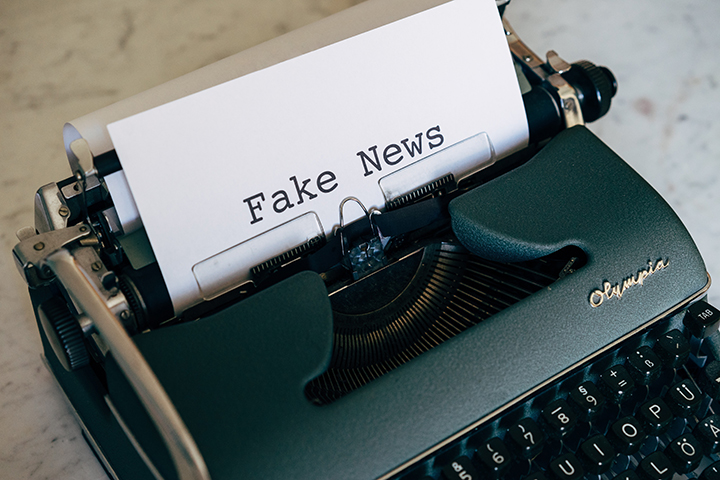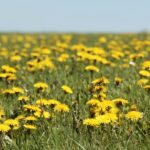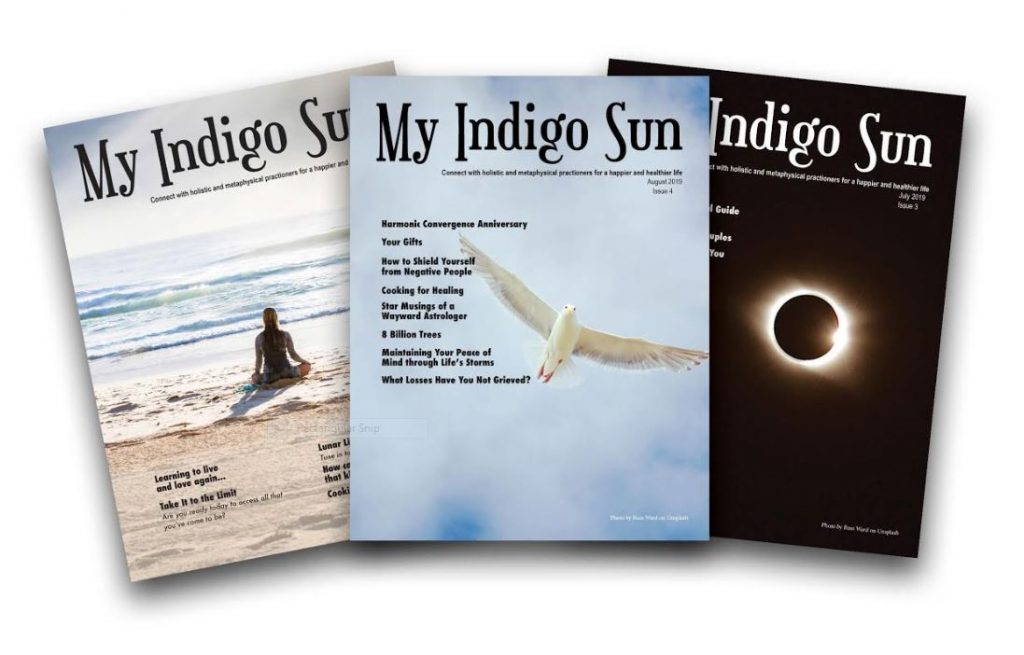As we step into 2024, The World Economic Forum’s Global Risks Report highlights a critical concern: the rising tide of misinformation and disinformation. Understanding these terms is essential: Disinformation is deliberately misleading information (could be propagated by governments), while misinformation is misleading information that is generally spread without malicious intent.
In a world brimming with diverse events, opinions, agendas, and information sources, finding truth becomes increasingly challenging. The pandemic’s coverage by various media outlets has highlighted this, steering us towards certain trusted sources alternative to mainstream media.
The manipulation of information sources leads us to the question: Who defines truth, and thus disinformation, and misinformation? If truth is indeed the first casualty in war, as Aeschylus noted more than 2000 years ago, are we unwittingly caught in an information war? And if so, against whom?
Today, I wanted to draw your attention to a widely used digital encyclopedia, Wikipedia.
Traditionally, encyclopedias are viewed as reservoirs of unbiased knowledge. But does Wikipedia live up to this expectation? According to co-founder of Wikipedia Larry Sanger, the US intelligence agencies “pay off the most influential people to push their agendas, which they’re already mostly in line with, or they just develop their own talent within the community, learn the Wikipedia game, and then push what they want to say with their own people.” For that reason, along with others Sanger calls Wikipedia “the most biased encyclopedia” in history.
Sanger described that US intelligence manipulation of the immensely large platform and repository of information had been going on for more than a decade (Wikipedia was founded and appeared online in 2001).
Most inaccuracies on Wikipedia are related to science and medicine. According to the BBC article published in May 2014, “Wikipedia contains errors in nine out of 10 of its health entries, and should be treated with caution, a study has said.”
Examining entries relevant to our community of holistic healers and metaphysical practitioners shed light on this matter. I looked up Dr. Mercola – the founder of the world’s most visited natural health web site, Mercola.com Here is what Wikipedia says about him:
“Joseph Michael Mercola is an American alternative medicine proponent, osteopathic physician, and Internet business personality. He markets largely unproven dietary supplements and medical devices. On his website, Mercola and colleagues advocate unproven and pseudoscientific alternative health notions including homeopathy and opposition to vaccination… Dr. Mercola promotes scientifically discredited views about medicine and disease.’
Not only calling Dr. Mercola “the disinformation superspreader” by New York Times,
in July 2023, JP Morgan Chase Bank suddenly informed him that they were closing all of his business accounts, both banking and investment accounts, along with the personal accounts of his CEO, his CFO and their respective spouses and children.” No reason for the decision was given, other than there was “unexpected activity” on an unspecified account.
I also wanted to look up someone representing the best expertise from the modern medical and scientific community who went against the mainstream media during COVID. The coverage of Dr. Peter McCullough, a renowned cardiologist, a now former vice chief of internal medicine at Baylor University Medical Center and a professor at Texas A&M University, further illustrates this point. Wikipedia’s portrayal of him as a promoter of COVID-19 misinformation and a conspiracy theorist contrasts sharply with his outstanding professional achievements and contributions.
Just for fun, let’s look up some more definitions at Wikipedia close to our readership.
Consider astrology, a subject of interest to many of us. Wikipedia describes astrology as a pseudoscientific practice lacking empirical support, “Astrology is a range of divinatory practices, recognized as pseudoscientific since the 18th century, that claim to discern information about human affairs and terrestrial events by studying the apparent positions of celestial objects.”
Next, let’s look up Ayurveda, here is the entry from Wikipedia: “Ayurveda is an alternative medicine system with historical roots in the Indian subcontinent. The theory and practice of ayurveda is pseudoscientific.”
How about Reiki, a healing modality that has grown tremendously in popularity? Here is another label: “Reiki is a pseudoscience and is used as an illustrative example of pseudoscience in scholarly texts and academic journal articles.”
This portrayal raises questions about the representation of ancient practices and alternative viewpoints. Is there a systemic bias or a lack of interest in exploring these areas scientifically? These practices have been actively used for centuries, suggesting a form of efficacy that may elude conventional scientific understanding.
Btw, it is also noteworthy that Google has played a significant role in Wikipedia’s growth and success by algorithmically placing Wikipedia answers at the top of most searches.
The good news is there are other online encyclopedias. Two great alternative resources could be are encyclosearch.org and encycloreader.org, which allow you to search for answers across dozens of encyclopedias, including Wikipedia, at once. This way, you can compare several sources.
Examples of more specialized encyclopedias include Scholarpedia, MedlinePlus (a medical encyclopedia), Encyclopedia Mythica (religion, folklore and mythology) and HandWiki (computing, science, technology and general).
In this era of information overload, it’s crucial to remain vigilant and independent in our quest for knowledge and truth. Empowerment comes from critical thinking and personal research. This community, with its diverse array of practitioners and thinkers embodies this spirit of inquiry and resilience. By embracing diverse viewpoints and challenging mainstream narratives, we not only preserve our intellectual autonomy but also contribute to a more profound and nuanced understanding of the world.
Katerina Belik




